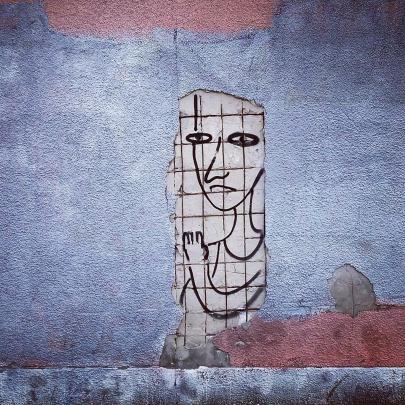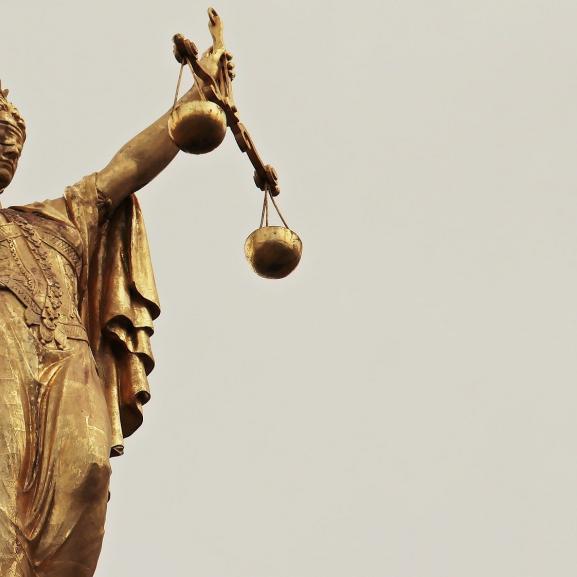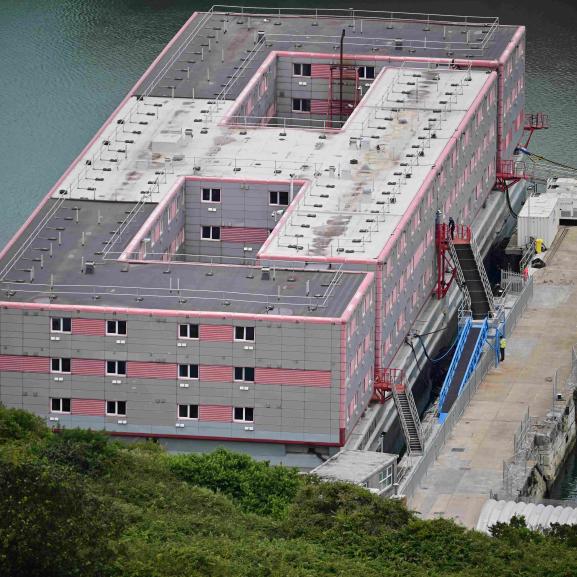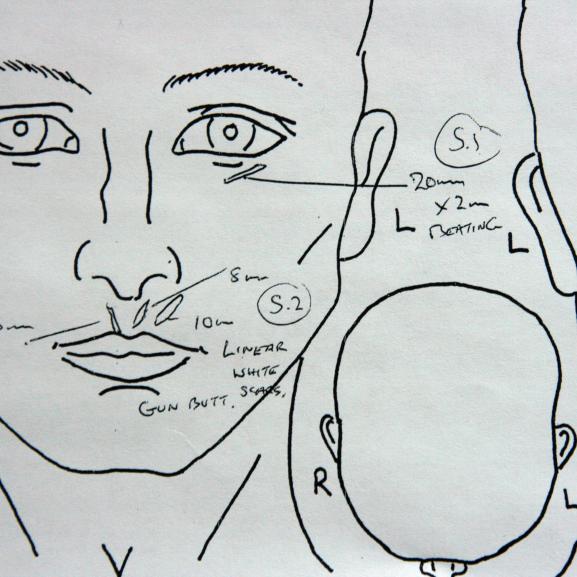The Poverty Barrier
In recognition of UN International Day for the Eradication of Poverty this week, Freedom from Torture Campaigner, Ben du Preez, blogs here on our forthcoming research – 'The Poverty Barrier' – and how poverty is having a devastating impact on survivors of torture in the UK.
The UN International Day for the Eradication of Poverty is an opportunity to remind the world that those suffering from hunger, want and indignity require more than just sympathetic words – they need concrete support.
This has never been more apparent here in the UK. Despite being the world's sixth largest economy, 1 in 5 of the population still lives below the UK's official poverty line, meaning that they experience life as a daily struggle to survive.
At Freedom from Torture there has long been concern about how poverty affects torture survivors in the UK, who are already vulnerable. Towards the end of 2011, we embarked on a major piece of research under the title 'The Poverty Barrier' with the aim of detailing both the impact of poverty on our clients' mental health and rehabilitation, and exactly how being a survivor of torture affects the way individuals are able to cope with poverty.
The evidence gathered in this research – due to be released in the coming months – is extremely concerning.
It confirms a disturbing reality for many of our clients; namely, that you cannot separate experiences of poverty amongst survivors of torture from an exacerbation of their trauma.
From outright destitution where survivors are forced to live on the streets, to complete dependence on friends and communities for support, or simply the inability to make ends meet with the level of benefits available as they navigate the asylum system; the disempowering impact of poverty on people who seek help from Freedom from Torture is undeniable – poverty is a clear barrier to a survivor's long-term recovery.
Throughout our research, torture survivors consistently described how denial of – or confusion in accessing their eligibility for – appropriate support, such as a housing, welfare and access to health care, severely affected their ability to move on from their past experiences of torture:
"The reason you come here is suffering, and then suffering is how you live here. You worry all day about your [asylum] case. You worry all day about how you are going to survive."
Many participants in the research described feeling that as asylum seekers they are treated as somehow inhuman by the government and the communities they live in, which they believed had worsened their mental health problems:
"Outside [Freedom from Torture] it's as if they are making us remember our hardships every day, and you can easily become crazy."
Freedom from Torture clinicians – all of whom work closely with clients to provide them with rehabilitative care and practical assistance – have also played a key role in the research. Each and every member of staff interviewed reported the significant, and disruptive, effect poverty has on their clients' ability to recover:
"Uncertainty of poverty and welfare issues causes confusion and anxiety, which means stress and worry. If you have this in the mix, the trauma-related symptoms get exacerbated. You then have to manage that all the time. As a consequence though, people are less able to manage practical problems so it becomes a vicious circle."
Poverty, for whoever experiences it, brings with it the threat of hunger, poor health, insecure living arrangements, limited social integration and, in many instances, a feeling of exclusion from society. Whilst this may have a considerable impact on any individual's mental and physical well-being, what emerges from our research is that, in light of previous traumas, survivors of torture are especially at risk.







